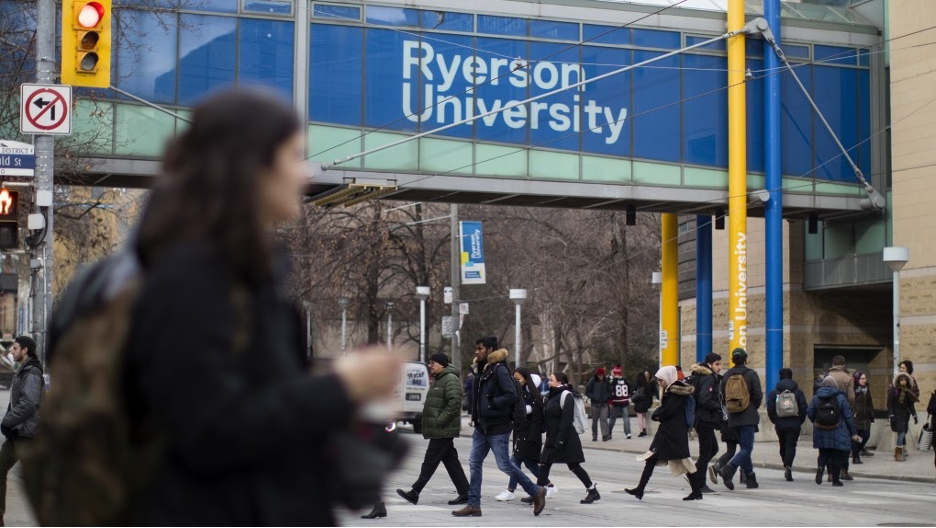The new proposal aims to reduce stress and fear for students who are victims of sexual assault

Ryerson is working to update its current policies on sexual violence response in order to comply with a government-ordered review of all post-secondary institutions’ sexual violence and harrassment policies.
The Ontario government said last month it is proposing changes that would reflect student concerns. In its news release it said the changes would ensure that students alleging sexual violence are not asked about their sexual history and do not face reprecussions for violating a school’s alcohol or drug policy.
While Farrah Khan, manager of Ryerson’s Office of Sexual Violence Support and Education, stated that Ryerson has never asked students alleging sexual assault about their sexual history, strengthening the university’s policies on this matter provides amnesty in a number of different ways.
“The proposed changes can make it feel safer for survivors to seek help knowing that the process strives to be trauma-informed and provide amnesty,” said Khan.
These proposed changes would make Ontario one of only three Canadian jurisdictions with these protections specifically outlined in legislation, according to the news release.
Statistics Canada released a report last year that stated 48 per cent of women at post-secondary schools did not file a complaint for sexual violence because they felt uncomfortable doing so. Twenty-eight per cent said they feared negative consequences and 18 per cent said they feared for their safety.
Human Rights Services (HRS) at Ryerson said that when they receive and investigate complaints of sexual violence, staff and investigators only ask questions that are relevant to the complaints being brought forward. They said they do not ask irrelevant questions about the complainant’s sexual history.
According to Khan, Ryerson is currently in the process of updating the Student Code of Non-Academic Conduct, where one of the proposed changes will be an amnesty provision to address these types of situations.
Within the code, misconduct related to the use of drugs and alcohol is listed under “behaviour that is considered academic misconduct.” The new proposal aims to provide relief for students who may allege sexual assault or harrasment under the use of drugs and alcohol in order to reduce fear.
Forty-three per cent of sexual violence incidents involve alcohol consumption by the victim and 69 per cent involve alcohol consumption by the perpetrator, according to Campus Safety Magazine.
“We are in the process of reviewing our policies and practices to ensure Ryerson remains a leading university in sexual violence education, awareness and response,” said the HRS at Ryerson.
HRS said it also plans to review its Discriminaion and Harassment Prevention Policy “more broadly” in 2021, to ensure that Ryeson “remains a leader in the area of human rights.”
Khan illustrated an example of a student bringing a guest into their residence without permission. The amnesty process can address these situations where a student may feel fear coming forward, due to a breach of a student conduct policy.
Both HRS at Ryerson and Consent Comes First offer trauma-informed training for students, staff and faculty.
“Having (the proposal) updated will hopefully encourage more survivors to feel safe to come forward and report,” said Khan.
HRS said that Ryerson will assess whether Ryerson’s Sexual Violence Policy remains compliant with the Ontario Ministry of College and University’s guidelines once the province releases detailed information about the proposed changes.
